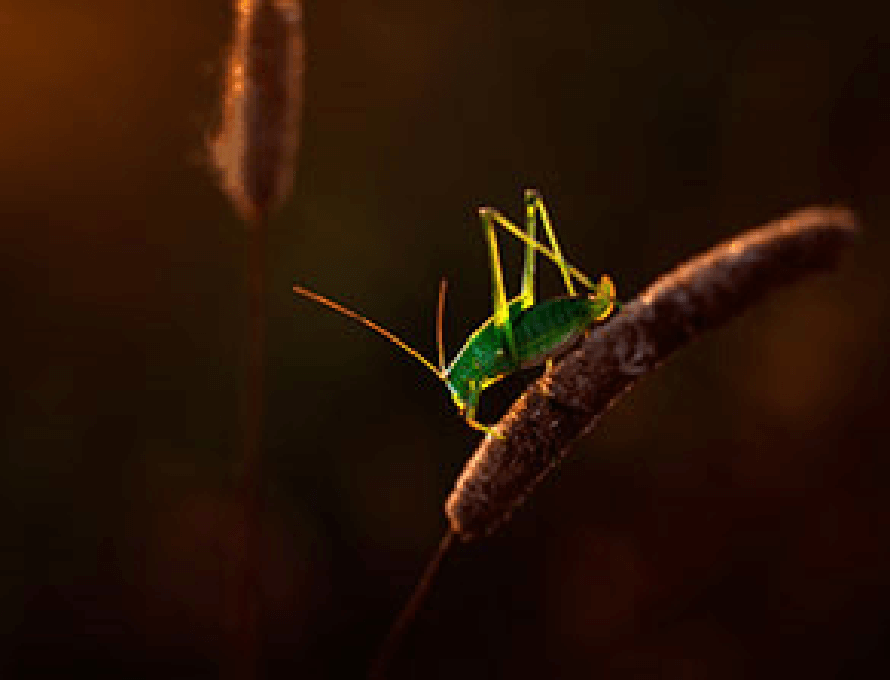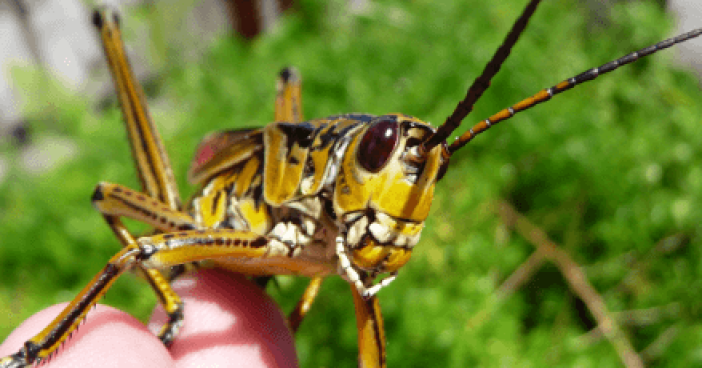“Children can name over 1,000 corporate logos but less than 10 plants and animals in their own backyard,” says award-winning environmental writer and publisher, Frances Keiser. “The biggest challenge is to help children notice the nature around them. To help them understand that nature is not something to be afraid of, but rather something to be curious about. When they see an insect, to watch it instead of kill it. Urbanized children are losing that connection to nature and wanting to protect it. I believe this is critical to the survival of our planet.”

“We would take our grandchildren to see places in nature that I loved as a child and they weren’t there anymore.” This was the reason behind naturalist Frances Keiser’s launch of Sagaponack Books, named after the small town in New York where she lived.
Now focused on the environmental education of children, Frances Keiser is at the forefront of helping children connect with nature in her award-winning, rhyme-filled series of books featuring Pete the Pelican. The series is illustrated by her artist husband, Hugh Keiser, who is also a conservationist.
Keiser believes it is critical to reach young people and teach them about conservation and preservation. Her goal is to help children appreciate and develop a love for nature while they are growing up. “Then as adults,” she said, “they will want to protect the things they know, love and enjoy.”
Sound straightforward? Keiser believes it is.
She says environmental education in most schools in the United States is not even in the curriculum. She belongs to the North American Association of Environmental Educators (NAAEE), an organization comprised of science teachers and people who want to see more environmental education taught in schools to children. Sagaponack Books are educational resources which can help achieve this goal. They are currently used by Girl Scouts and will be used by The Guana Tolomato Matanzas National Estuarine Research Reserve for their “Adventures in the Estuary Summer Camp” for children ages 7 to 12 this summer.

Keiser’s passion for conservation and sharing the science and beauty of nature is only exceeded by her innovative and professional approach towards her book series.
When she finished her first book on Pelican Pete, she received suggestions from traditional publishers. Three things became clear from their suggestions. One, they wanted her to change the book from fiction to non-fiction because of the educational nature; two, they wanted her to change the pelican to a pigeon; and three, they wanted her to remove the blue ball cap on Pelican Pete’s head. She refused to do all three. She realized that in order to achieve her goal, she needed to open her own publishing house to control not only the creative content and development of the book series, but the distribution and availability of the books in the educational marketplace.
Here is Keiser’s reasoning:
- Parents and children enjoy fictional picture books at bedtime, especially if they are filled with rhymes and are enjoyable to read.
- Her focus groups showed that children liked the ball cap on Pete the Pelican because they could relate to his antics.
- Pelicans are an unusual and interesting bird. They are social creatures that like to play games together. These facts allowed her to use actual scientific information as the basis of her storytelling.
Each of Keiser’s books weaves together the science of nature, animals, and insects and puts the world around us under a microscope for children to examine, explore and enjoy. “I research every book carefully and had the top scientists in the country confirm the facts in every book. For instance, I checked with a number of reputable sources to find out the speed at which pelicans flew. I got back a variety of answers but basically it came down to 27 miles an hour if they are just cruising.”
Keiser never loses focus on her main goal to provide environmental education. She has a question and answer section at the back of each book to explain scientific facts and spark children’s curiosity to learn more about nature. She also includes a series of expense-free activities to get children out and engaged with nature.
Keiser’s popular weekly column Backyard Adventures, published in the St. Augustine Record and syndicated throughout Florida, provides one scientific fact about nature with suggestions for learning more about the subject. These Backyard Adventures can be downloaded online for free at Sagaponack Books.
All photos courtesy of Frances Keiser
FirstCarbon Solutions is a global company with extensive knowledge on conservation initiatives. Our technical experts will help you to improve your operations and environmental performance organization-wide. To learn more, contact us:





